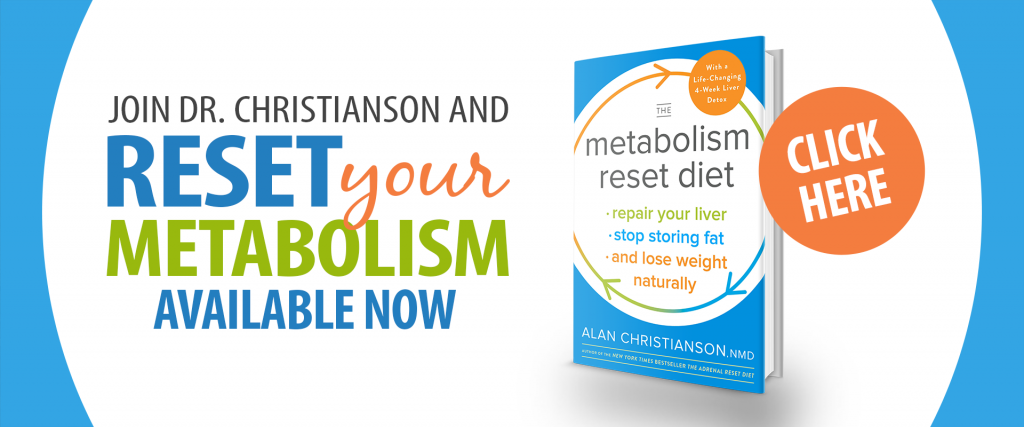Are you finding your feet dragging? Having trouble staying focused at work? Perhaps you have gained weight and now you are wondering whether you should blame your adrenals, your metabolism or your thyroid.
- Have any questions?
- 480-767-9018
- support@in-goodhealth.com

Best Spaghetti Squash Recipe Ever
January 13, 2019
10 Minute Grilled Salmon Bowl
January 17, 2019
Best Spaghetti Squash Recipe Ever
January 13, 2019
10 Minute Grilled Salmon Bowl
January 17, 2019
Knowing The Symptoms
The truth is that any of these three, or all three, could be playing a role in your energy levels, cognition, and weight maintenance, in addition to many other functions! Today, let’s discuss some of them and what you need to know.
Some of the symptoms of hypothyroidism include:
- Weight gain
- Fatigue
- Increased sensitivity to cold
- Constipation
- Dry skin
- Puffy face
- Hoarseness
- Muscle weakness
- Elevated blood cholesterol level
- Muscle aches, tenderness, and stiffness
- Pain, stiffness or swelling in your joints
- Heavier than normal or irregular menstrual periods
- Thinning hair
- Slowed heart rate
- Depression
- Impaired memory
Symptoms of adrenal dysfunction:
- Fatigue
- Mid-body weight gain
- Inability to handle stress
- Salt and sugar cravings
- Difficulty getting up in the morning
- A weak immune system
- Anxiety
- Low blood sugar
- Asthma, allergies or respiratory complaints
- Difficulty concentrating
- Dizziness
- Low sex drive
- Depression
- Headaches
- Loss of muscle tone
- Low blood pressure
- Insomnia
Signs and symptoms of metabolic dysfunction or poor liver function:
- Fatigue
- Abdominal bloating or distention
- High blood pressure
- Erratic appetite
- High triglycerides
- Low HDL cholesterol
- Headaches and migraines
- High fasting glucose
- Adult acne
- Itchy skin
- Dark circles under the eyes
- Jaundice
- Fluid retention
These are just a handful of symptoms but you can see that there are similarities between the three. This is not a surprise, as each of these systems is connected and it is possible for all three of them to be suboptimal at the same time.
What Should You Do?
If you have symptoms from each of these areas, where should you start?
Please don’t despair. Anything you do to help one will not hurt the others.
If you have them all and are not sure which matters the most, start with thyroid tests. If it is completely off, you may not make much headway on anything until it is at least in the ballpark.
Proper lab testing can help distinguish whether you have a thyroid condition, adrenal stress, or problems related to metabolism (Read: How to test your thyroid, the definitive guide). This will help narrow your focus to the areas that need your attention the most.
Once these have been identified, there are some easy changes you can make to help jumpstart your path to optimal health. Lifestyle changes such as getting enough sleep at the right times, and eating a nutrient-dense diet can have a positive impact on your thyroid, adrenals, and metabolism.
Key Insight: If you are not getting enough sleep, you will have a harder time recovering from stress and a harder time losing weight. What does good sleep look like? Good sleep is consistent, with a regular bedtime and a time for waking up every day (including the weekends)!
Getting adequate light exposure during the day and limiting light at night can also help you keep a consistent sleep-wake cycle.
A nutrient-dense diet is important for making sure you have the vitamins and minerals you need for all the processes that your thyroid, adrenals and metabolism use to keep you at your best.
Timing your macronutrients right with adequate protein in the morning, and carbohydrates at night can also be helpful for weight loss as well as adrenal health.
A Deeper Dive
Here are some more in-depth pointers on the interplay between your adrenals, thyroid, and metabolism, and steps you can take to optimize all three, your:
Adrenals
The Adrenal Quiz is a great place to start if adrenal symptoms are on your list (Take: The Adrenal Quiz). This quiz will help you know what your adrenals need help with and keeping your adrenals happy will improve your metabolism and the regulation of your thyroid hormones.
Thyroid
If your thyroid is your concern, getting the right dose of thyroid medication will be the easiest thing you can do for the least amount of effort. Your thyroid hormones affect the metabolism of cortisol and if suboptimal, can also affect your lipid profile and your ability to lose weight. (Read: The right thyroid doese for better energy and weight loss)
Metabolism
The Metabolism Reset Diet is designed to help your liver function at its best. An unburdened liver is needed to make cortisol produced by your adrenal glands, store energy in ways to maintain a healthy weight, filter out toxicants that could harm your thyroid, and much more. (Read: How can you boost your metabolism?)
Metabolism & Adrenals
The fat stored around your organs can also produce cortisol! This in combination with the cortisol your adrenals produce can lead to a vicious cycle of increased whole-body cortisol and weight gain (Read: How to hear your adrenals to avoid metabolic syndrome).
How can you take steps now to break that cycle? One way is through strategic carb-cycling, keeping your protein high at breakfast and incorporating carbohydrates into your evening meal. This approach is also compatible with the Metabolism Reset Diet, which uses a protein shake at breakfast and lunch with a “lean and green” meal in the evening.

Bottom Line: You can also do a lot of good for your metabolism and adrenals by taking advantage of resistant starch. You can learn more about it, and how you can include it in your diet, today (Read: 30 Amazing resistant starch foods for better digestion).
Thyroid & Adrenals
Curiously, there is an association between autoimmune thyroid disease and autoimmune adrenal disease. Although the statistics vary, one review suggests that about 5% of people with autoimmune thyroid disease also have a primary adrenal insufficiency1.
While these cases are rare, your adrenals may need a little support even without such a diagnosis. Having low or high levels of thyroid hormones affects how quickly cortisol is metabolized in your body and cortisol, in turn, affects many aspects of your thyroid including the conversion of T4 to T3. One way you can help out both your thyroid and adrenals is by being more strategic about your coffee consumption (Read: Improve your adrenals and thyroid hormones with this one trick).
Thyroid & Metabolism
Your thyroid hormones speed things up, to put it simply. They can go into your cells and activate genes and they can also bind to receptors on your mitochondria and increase the amount of energy those mitochondria produce.
On a larger scale, this means that thyroid hormones make your heart beat a little faster, your brain a little sharper, and your food move through your gut a little more quickly. Obviously, there is a bit of a “Goldilocks Level” here, because not enough can slow down your metabolism, make you tired, give you constipation and make it feel like you’re thinking through cobwebs.
Bottom Line: Too much can result in metabolizing important hormones like cortisol too quickly, send you to the bathroom with diarrhea, give you palpitations and anxiety and make you tired. If lab tests have demonstrated your thyroid as an underlying reason for some of your symptoms, obtaining the correct medication in the right form and dose for you will be an important first step (Read: How to test your thyroid, the definitive guide).
Optimize Your Health Today
As you can see, your thyroid, metabolism, and adrenal function are all interrelated! This makes it difficult to pull out just one cause for your symptoms.
However, this actually works in your favor. If you can make just one change in any of these areas, you will be doing a lot of good for your overall health!
1. Yamamoto, T. Comorbid Latent Adrenal Insufficiency with Autoimmune Thyroid Disease. Eur. Thyroid J. 4, 201–6 (2015).

P.S. Whenever you are ready, here is how I can help you now:
- Schedule a Thyroid Second Opinion with me, Dr. C, Click Here for Details
- Need help to choose supplements? Click ‘Help Me Decide Here'
- Get my top books Here
Dr. Alan Glen Christianson (Dr. C) is a Naturopathic Endocrinologist and the author of The NY Times bestselling Hormone Healing Cookbook, The Metabolism Reset Diet, and The Thyroid Reset Diet.
Dr. C’s gift for figuring out what works has helped hundreds of thousands reverse thyroid disease, heal their adrenals, and lose weight naturally. Learn more about the surprising story that started his quest.







